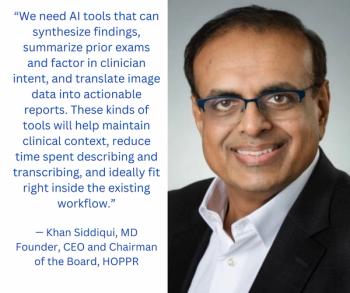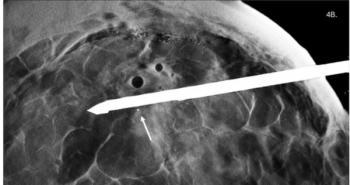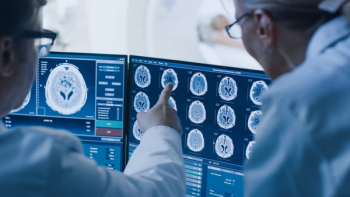
Vendors demonstrate EP systems
Philips Medical Systems and GE Healthcare were hawking cardiological capabilities earlier this month with products aimed at supporting electrophysiology applications. The Philips Allura Xper FD 10 catheterization system and EP MedSystems' EP Workmate,
Philips Medical Systems and GE Healthcare were hawking cardiological capabilities earlier this month with products aimed at supporting electrophysiology applications. The Philips Allura Xper FD 10 catheterization system and EP MedSystems' EP Workmate, shown May 20 to 22 at the Heart Rhythm 2004 meeting in San Francisco, combine EP recording/mapping and fluoroscopy capabilities to help streamline workflow in the EP lab. The Allura Xper FD 10 incorporates fluoro protocols for optimizing dose. The EP WorkMate offers 3D mapping to diagnose and treat cardiac arrhythmias. Philips also highlighted its Live 3D Echo with Tom Tec 4D Left Ventricle-Analysis SW package, which allows the assessment of motion and contraction timing for each region of the left ventricle to help evaluate LV dysynchrony. This analysis can help patients likely to respond to cardiac resynchronization therapy (CRT), a new treatment method for heart failure that uses implantable devices to trigger better pumping efficiency.
At the same meeting, GE unveiled CardioLab IT, a workstation that documents heart monitoring, 3D mapping, and ablation. The company showcased its CardioLab IT CryoCath Interface, which was developed in collaboration with CryoCath Technologies to work with a cryoablation system. The interface automatically captures ablation information and incorporates it into the patient log, synchronizing with waveforms and detailing results.
Newsletter
Stay at the forefront of radiology with the Diagnostic Imaging newsletter, delivering the latest news, clinical insights, and imaging advancements for today’s radiologists.














